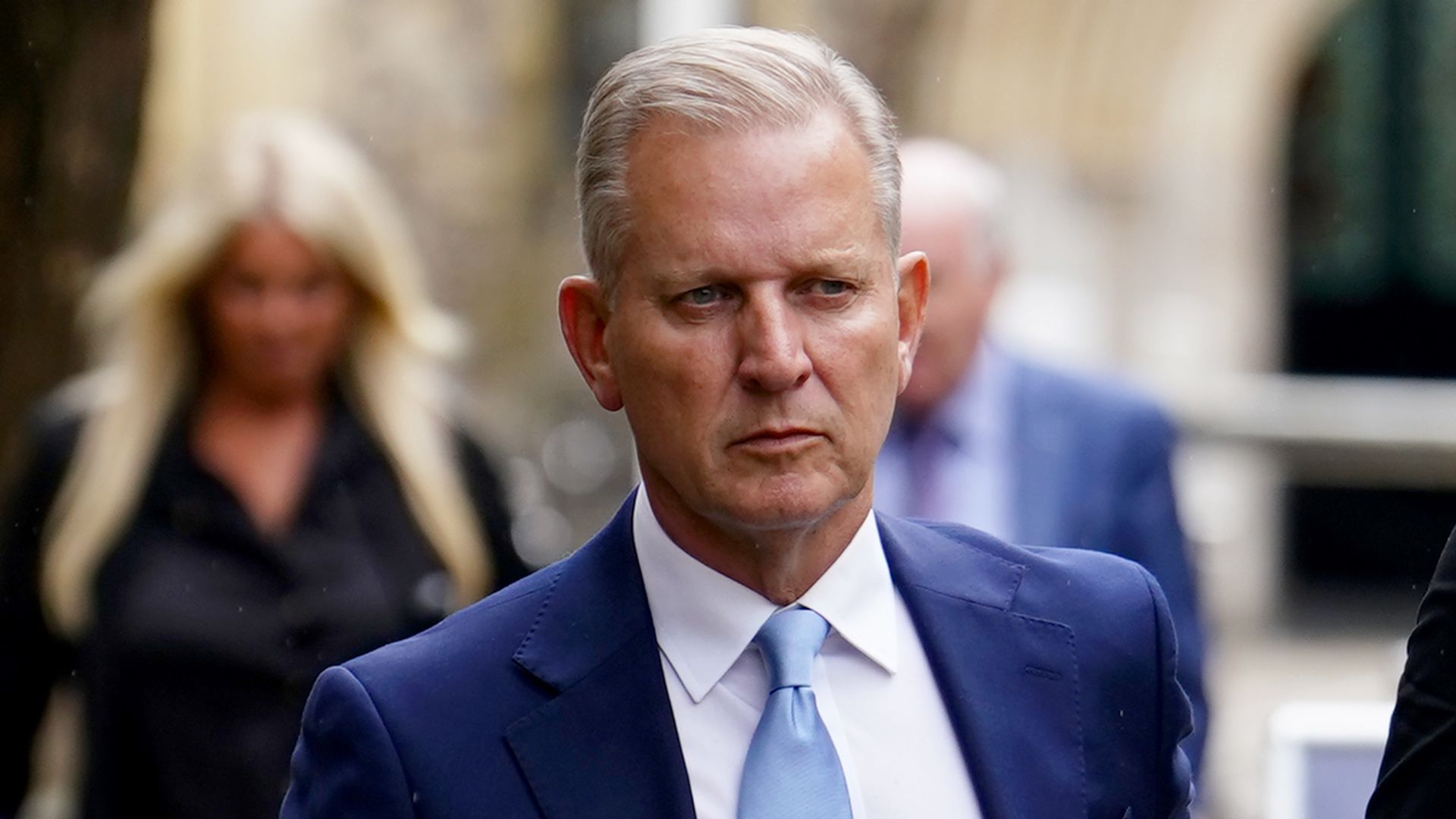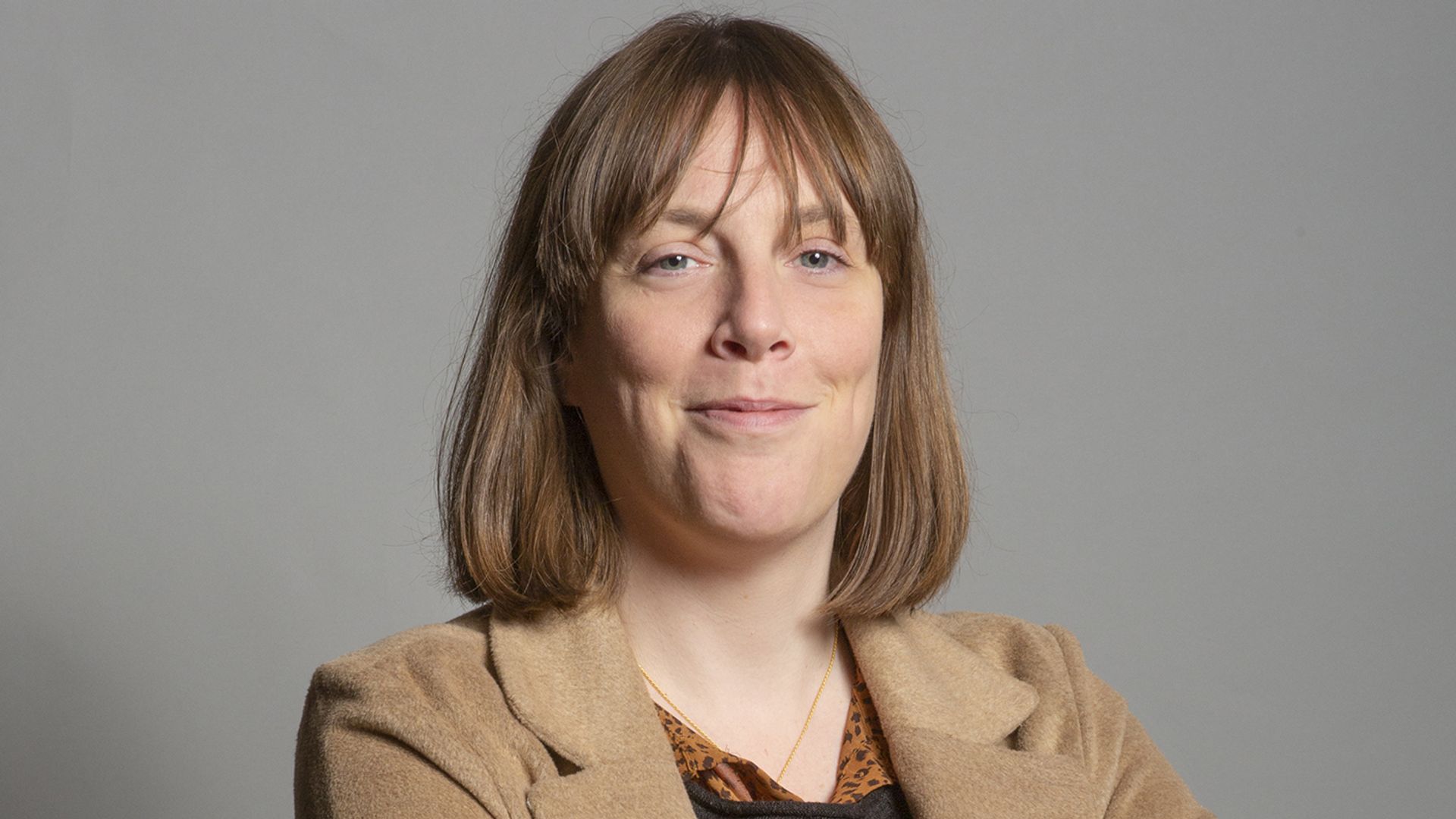Living at a time where TV is dominated by a plethora of reality shows, “duty of care” is a term that gets banded around lots by broadcasters.
What’s obvious if you watch The Jeremy Kyle Show now is how dramatically TV tastes have changed within a relatively short space of time.
While only taken off air in 2019, this trial by TV now seems wildly out of step with what we watch today.
His critics have come to paint Jeremy Kyle as the devil incarnate since he was taken off air.
But no matter how uncomfortable his calling-out of guests seems compared to modern tastes, the coroner in the inquest into the death of Steve Dymond was assured by the multiple aftercare procedures ITV had in place, even back then.
Read more:
No clear link between guest’s appearance on show and his suicide – coroner
Please use Chrome browser for a more accessible video player
Of course, in recent years the deaths of former Love Island contestants have triggered industry-wide change.
Now there is an open acknowledgement by TV bosses that the onscreen narrative they tell comes with a responsibility, and that there can be real-world consequences for those they make famous.
While significant steps forward have been made, are there lessons still to be learned?
As compelling as it can be watching “real people” talk about their problems, there’s little room for nuance when it comes to quickly summing up someone’s character.
Storytelling is black and white, with no time to get into that tricky grey area.
Reality TV is cheap to make. Compelling to watch. But it can come at a cost for those taking part.
Keep up with all the latest news from the UK and around the world by following Sky News
Just as it was back then, there is a weight of responsibility on researchers and production teams to ask the right questions. To look out for the vulnerable.
And while it is all too easy to blame broadcasters when things go wrong, it’s also convenient to overlook that millions tuned in to shows like Jeremy Kyle without thinking twice about the impact on those taking part.
Be the first to get Breaking News
Install the Sky News app for free
Mr Dymond’s inquest is a reminder, perhaps, of the importance of everyone stepping back and being a little kinder.
Anyone feeling emotionally distressed or suicidal can call Samaritans for help on 116 123 or email [email protected] in the UK. In the US, call the Samaritans branch in your area or 1 (800) 273-TALK










